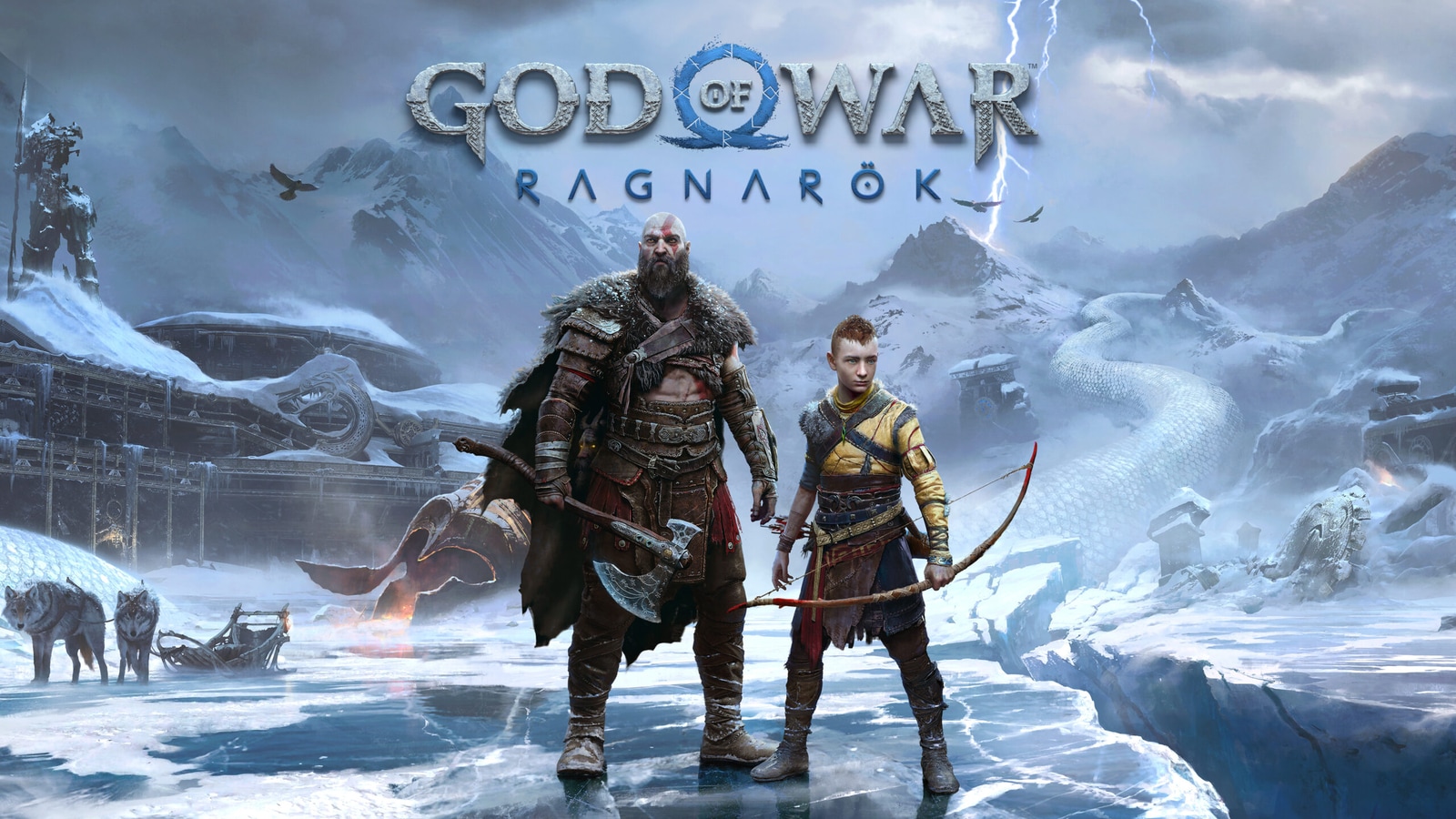Three years ago on a small island off the eastern coast of New Zealand, several tour groups were trekking near the rim of an active stratovolcano when the site erupted, spouting scalding steam, toxic gases and ash plumes that rose thousands of feet into the air. More than 20 people died, some in the explosion and others who later succumb to their injuries; many more suffered severe burns.
A detailed chronology of the tragedy is relayed in the unembellished Netflix documentary “The Volcano: Rescue from Whakaari,” which hinges on interviews with a handful of survivors and people involved in the rescue missions.
White Island (also known by its Maori name, Whakaari) is a gorgeous setting for a documentary, a natural wonder that has long been a destination for geology enthusiasts and thrill seekers keen to peer into a live volcano’s abyss. The film begins by leaning into this wanderlust through imagery and maps of the island, but once we reach the moment of eruption, the mood turns dark.
The director, Rory Kennedy, only lightly explores the science behind the calamity, and the film never stretches beyond a layperson’s knowledge. The film similarly stops short of looking into the organizations and government agencies that may be accountable. Instead, Kennedy seems intent on centering the survivors, who — alongside original photos and videos taken by tourists that day — describe a living hell of fear and agony.
But while this framework guarantees an engrossing disaster story, the choice to ignore the social aftershocks of the eruption leaves viewers without the tools to contextualize the profound pain on display. Once the ash settles, we long for insight, but only the trauma lingers on.
The Volcano: Rescue from Whakaari
Rated PG-13. Running time: 1 hour 38 minutes. Watch on Netflix.

























